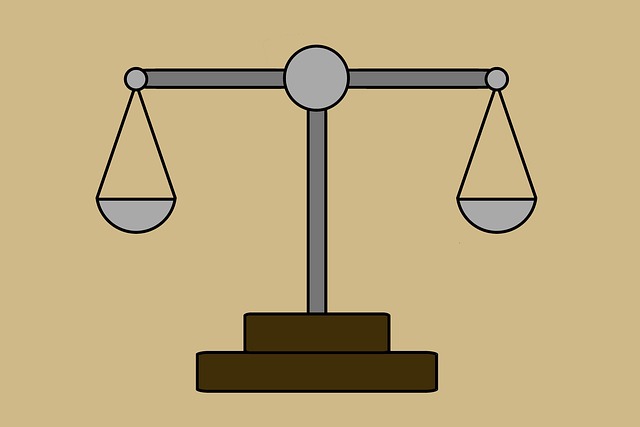Dog bite claims pose significant legal challenges for pet owners, with liability often determined by prior knowledge of potential threats and negligence. Victims may seek compensation for physical and psychological harm. To prevent such incidents, pet owners must understand their duties in training, controlling, and supervising their dogs, fostering safer practices around pets. Effective management of dog bite claims is crucial to mitigate emotional distress, financial strain, and community mistrust, promoting responsible ownership and a safer co-existence between humans and dogs.
Dog bites can have significant legal, financial, and emotional repercussions, leading to increased scrutiny and safer pet practices. This article explores how dog bite claims from a legal perspective not only affect owners but also shape community safety standards. We delve into strategies for prevention, emphasizing responsible pet ownership as a key component in reducing such incidents. By understanding the impact of these claims, communities can foster healthier interactions between humans and pets.
- Understanding Dog Bite Claims: A Legal Perspective
- Impact on Pet Owners and the Wider Community
- Strategies for Prevention and Promoting Responsible Pet Ownership
Understanding Dog Bite Claims: A Legal Perspective

Dog bite claims are a significant legal issue that highlights the responsibilities of pet owners and caregivers. When a dog attacks and causes injury to another person, it often leads to a series of events, including medical treatment, legal actions, and potential changes in pet ownership regulations. From a legal perspective, these cases are complex and involve various factors such as negligence, liability, and the specific circumstances surrounding the bite.
In many jurisdictions, dog owners are held liable for the actions of their pets, especially when there is prior knowledge or reason to believe the dog may pose a threat. This includes ensuring proper training, control, and supervision during interactions with others. If a dog bite results in injury or psychological trauma, victims may pursue legal avenues to seek injury compensation. It’s crucial for pet owners and caregivers to understand their duties and responsibilities to prevent such incidents and mitigate potential risks, thereby fostering safer practices around pets and reducing the likelihood of costly legal disputes, including those related to medical negligence or caregiver abuse.
Impact on Pet Owners and the Wider Community

A dog bite claim can have significant ripple effects beyond the immediate victim. Pet owners, already grappling with the emotional trauma and potential financial burden of medical treatment for serious injuries, may find themselves facing legal repercussions if their dog causes harm to others. This reality underscores the importance of responsible pet ownership—a key focus in mitigating such incidents.
The impact extends into the wider community as well. Dog bite claims can foster a sense of fear or mistrust among neighbors and public spaces, especially when media coverage amplifies these events. Conversely, successful legal outcomes that promote better understanding and safer pet practices can lead to more harmonious co-existence between humans and their canine companions, ensuring everyone’s safety in shared environments.
Strategies for Prevention and Promoting Responsible Pet Ownership

Preventing dog bites is a multifaceted approach that starts with responsible pet ownership and continues through community education. Pet owners must invest time in training their dogs to understand basic commands and social norms, ensuring they are comfortable around strangers and other animals. This includes regular socialization practices from a young age, as puppies that have been well-socialized are less likely to react aggressively later in life. Moreover, proper grooming, vaccination, and veterinary care can significantly reduce the risk of behavioral issues stemming from health concerns.
Community-wide efforts are also crucial in mitigating dog bite claims. Educating residents about recognizing signs of a potentially aggressive dog and how to respond safely can prevent incidents before they occur. This includes teaching children how to approach unfamiliar dogs—staying still, avoiding direct eye contact, and not running—as well as encouraging responsible pet owners to ensure their pets are leashed in public spaces. Engaging the assistance of a personal injury lawyer or legal representation specializing in dog bite cases can help hold irresponsible owners accountable for their pets’ actions, fostering a safer environment for everyone.
Dog bite claims serve as a stark reminder of the potential risks associated with pet ownership. They highlight the importance of responsible practices and can drive positive change, fostering safer interactions between dogs and their communities. By understanding legal implications and implementing preventive strategies, pet owners can reduce the likelihood of such incidents, ensuring a harmonious coexistence with our canine companions. This not only protects individuals from potential harm but also strengthens the bond between humans and pets in a more responsible and informed manner.






